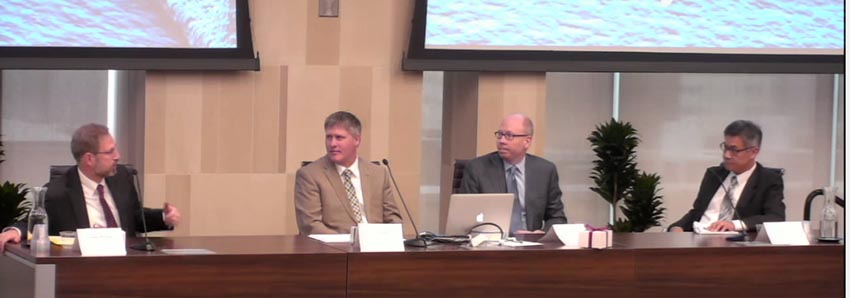

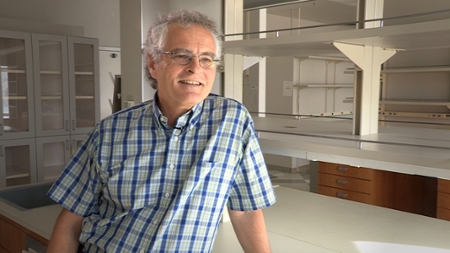
The Promise and Peril of Genome-Wide Association Studies
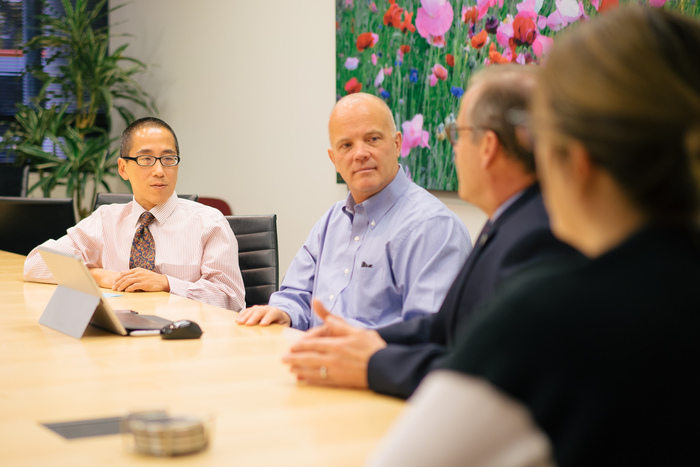
The Path to Precision Medicine will be Paved in Diagnostics
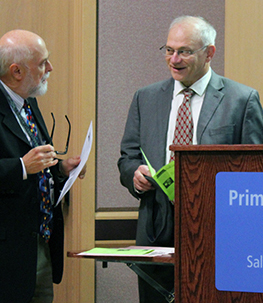
The Sherlock Holmes of Rare Disease: We Need More Watsons
Richard Weinshilboum on Precision Medicine: “An opportunity that comes along only once."
Your Genome Guardian, Elephants and Outwitting Childhood Cancer
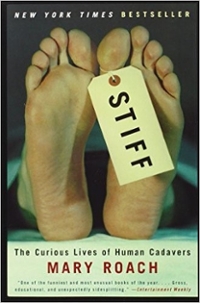
Fictionalized Medicine or Medicalized Fiction? A Doctor's Ultimate Holiday Reading List
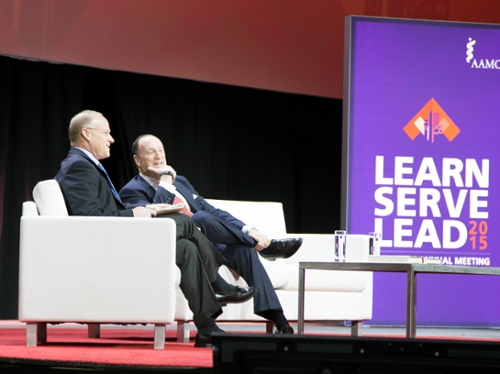
Steven Brill: The Problem with Health Care is it Costs Too Much
Aging Infrastructure: Space Challenges
Tradition and Change: Cornell's Curriculum Overhaul
Key Findings from 2015 AAMC Public Opinion Research
How can physician assistants help create change? Hint: they're already wired for this
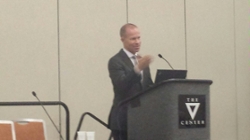
What Threatens Compassionate Health Care?

How Best to Provide Care to Patients Living in Poverty
Equity must play role in health care transformation, says AAMC Board Chair Peter Slavin


